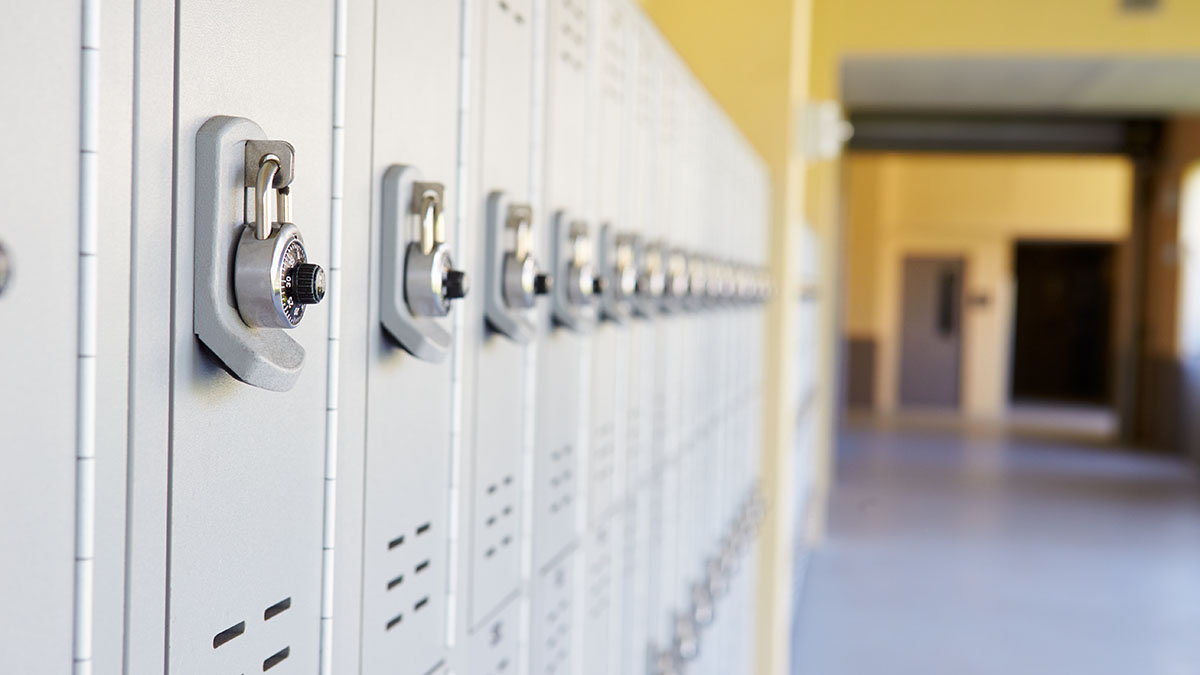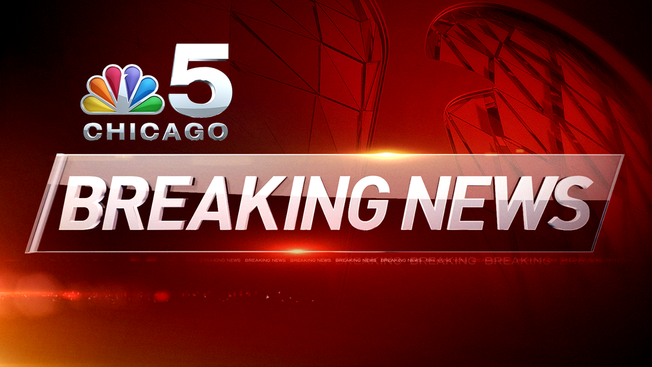The next election for mayor in Chicago little more than 18 months away, and it’s time to face a hard fact: When it comes to mayoral politics in Chicago, democracy could be dead.
Current mayor Rahm Emanuel, of course, comes out as the prohibitive favorite. He's holding millions in his campaign war chest and has an extensive rolodex of wealthy supporters, so you have to dig pretty hard to find someone in this town who’s willing to stick a neck out and say he or she is even thinking of becoming a candidate for mayor in 2015.
Throw in the fact that Rahm is operating what appears to be a defensive, Rose Garden strategy of little-to-no press availability, governing by pronouncements and stage-managing even the smallest details of government, and you’ve got a tough hill to climb for anyone wanting to take over the fifth floor of City Hall.
Worse, the past is no friend to the hopeful. Former Mayor Daley won with more than 71 percent of the vote in 2007, and hadn’t faced a well-organized, serious challenger since he was first elected in 1989. Even Rahm, running in the most wide open mayoral election in a generation in 2011, faced what many could argue was token and poorly-organized opposition.
It doesn’t have to be this way, of course. Look at New York City. In the primaries for mayor that took place earlier this month, no less than three Republican and nine Democratic candidates ran campaigns. In March, Los Angeles saw eight hopefuls in its non-partisan mayoral contest. Other cities would laugh at the notion of holding a mayoral election with essentially one candidate.
So—why is Chicago different? The short answer is because we want it that way. Last year, it was estimated as many as 500,000 eligible Chicago voters failed to register, and the 1.28 million of us who did marked the lowest number since 1942. And with laws specifically designed to discourage alderman from even running for another office without giving up their current seat, coupled with barriers to raising money and building city-wide coalitions from a single ward, its no wonder so few can muster the courage.
Still, as Chicagoans we have to ask ourselves: what do we lose by not having vigorous, well-contested elections for mayor around these parts? That answer is easy. Not only do we lose the chance to call this supposedly Democratic town a real democracy, we also lose the opportunity to consider more than one single way to tackle our toughest problems, such as an outrageous murder rate, crushing pension deficit, crumbling infrastructure, broken school system and whatever else you want to throw in the mix.
Local
But until someone—or five, or six or thirteen someones—finds a way to step up and throw political caution to the wind and commit to a vision of how to run this city different than it is today, we’ll have to take what we can get. After all, the next election is little more than 18 months away, and running for mayor in this town is hard.
Until then, if democracy isn't already dead in Chicago mayoral politics, it’s almost certainly on life support.
Mark W. Anderson is a writer and journalist specializing in public policy, politics and economics. He graduated from Columbia College Chicago in 2006, and has operated a full service communications and strategy firm while working in and out of politics for more than a decade. A lifelong Chicagoan and White Sox fan, he lives in a Rogers Park apartment stacked with books and records.



